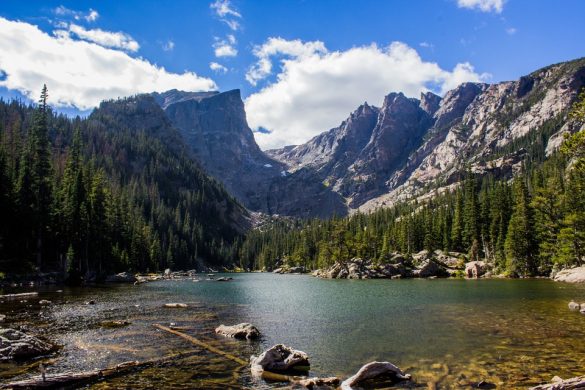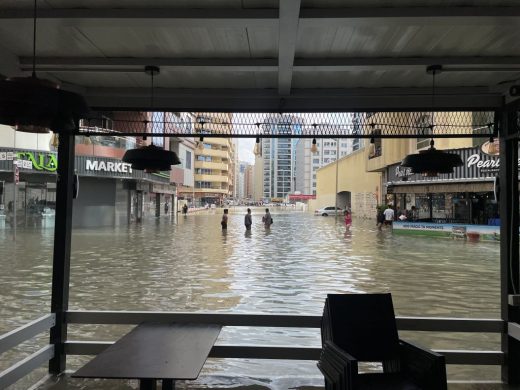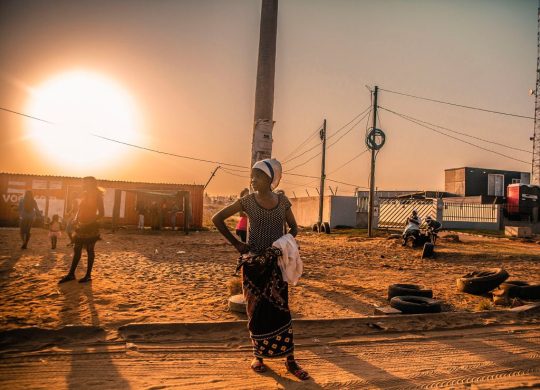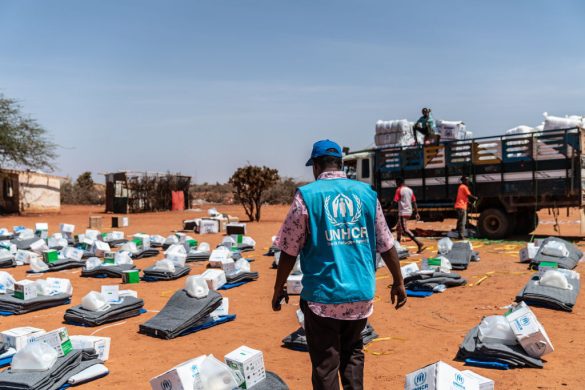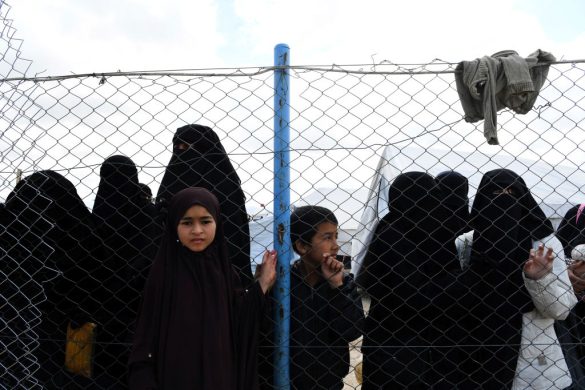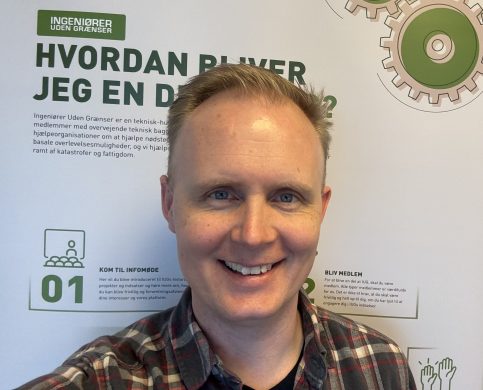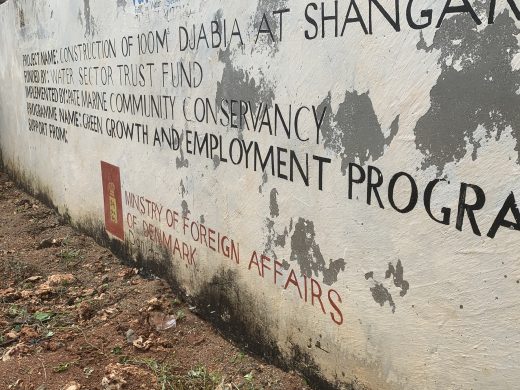More than 250 delegates from around the world gathered in Uganda at Mbale Resort Hotel, from 17th to 20th October 2016, for the World Mountain Forum 2016.
This forum served as a platform to share information and discuss the challenges and future opportunities for sustainable mountain development through building on the existing frameworks such as SDGs and Paris Agreement.
After thematic discussions on Mountain and climate change; Mountain communities and livelihoods; Mountain ecosystem services and Sustainable mountain agriculture, and a high level segment, a call for upscaling Action have been drawn, entitled “Don’t leave Mountains Behind”.
Specific attention to mountain regions
This calls on governments, politicians, decision makers, development and multilateral agencies, financing institutions as well as mountain stakeholders to form policy, gather knowledge and take action on reaching the targets of the Paris Agreement and SDGs through specific attention to mountain regions; recognizing upstream and downstream links, especially with regards to mountain ecosystem services; speaking with one global mountain voice; and promoting the inclusion of mountains in international processes and negotiations among others.
This call for up-scaling action was divided into three sections including policy, knowledge and action on the ground at global, regional and national levels. Below are some elements of the draft call picked when Thomas Hofer presenting the results of thematic discussions to the high level segment of the forum:
POLICY LEVEL
At global level
- Recognize mountains as key context for sustainable development,
- Raise awareness that scientific evidence has shown that warming in mountain areas is significantly above global average endangering the achievements of the SDG’s and the Paris Agreement global temperature goals,
- Recognize upstream and downstream links, especially with regards to mountain ecosystem services like the provision of freshwater,
- Promote the inclusion of mountains in international processes and negotiations through one strong mountain voice.
At regional level Strengthen existing and promote the creation of new regional frameworks and mechanisms for cooperation related to mountain ecosystems. At national level
- Take into account mountains in the relevant strategy and planning tools on the national and sub-national levels, including the National Development Strategies, National Adaptation Plans and Nationally Determined contributions to the Paris Agreement (NDCs);
- Put in place specific policies with regard to benefit sharing and incentive for use of mountain ecosystems services and for reducing the backlog in mountain development (Mainstream mountain issues in other sectoral policies);
- Concretize the SDGs on national level through defining specific national mountain targets with the involvement of mountain peoples and consequently address them in coherent reporting and monitoring mechanisms;
- Promote the integration of ecosystem based adaptation and other supporting approaches into relevant national development processes.
KNOWLEDGE LEVEL
At global level
- Raise awareness and mobilize politicians, decision makers, the media and the public based on sound scientific information, data and assessments;
- Strive for a dedicated chapter on mountains in the forthcoming IPCC Assessment Report 6 by mobilizing mountains scientists to be nominated through their respective national focal points by the end of Oct 2016;
- Support the series of World Mountain Forum and other exchange platforms to allow for exchange of knowledge between different mountain regions and to provide a platform for assessing global progress in mountain development in line with SDGs and the Paris Agreement.
At regional level
- Facilitate regional and transboundary dialogue through science, knowledge exchange and evidence;
- Strengthen existing and promote the creation of new regional competence centres to support the regional knowledge management and the regional science-policy exchange.
At national level
- Generate baseline data and assessments and monitoring and provide free access to this data Support long term monitoring of indicators as a key to assess and ensure progress on implementation of SDGs (including the Green Cover Index);
- Recognize, strengthen and protect local and traditional knowledge, as well as SMD gender responsive practices and include them in SMD knowledge generation and sharing.
ACTION ON THE GROUND
At global level
- Facilitate the access to finance and provide capacity building and technology exchange including traditional and modern technologies for mountain activities including science and monitoring through the various established financial as well as technical assistance programmes including the Green Climate Fund, the Global Environmental Facility, etc.
At regional level
- Promote dialogue on regional opportunities and challenges in SMD;
- Promote transboundary cooperation on the ground.
At national level
- Invest in sustainable management of natural resources and in strengthening mountain livelihoods, local ownership including local culture, empowerment, and access to basic services such as microfinance;
- Strive for resilient livelihoods for mountain people, with a particular focus on indigenous people, gender and inclusive development;
- Support exchange of effective practices and innovations amongst indigenous people and local communities;
- Support the development of SMEs and promote benefit sharing and the creation of sustainable jobs and local community enterprises, focusing on mountain goods and services;
- Strengthen food security and resilience by diversifying food systems (livestock, crops, horticulture, etc.), income sources and diets for better nutrition;
- Become a committed member of the Mountain Partnership.
Participants suggested amendments to the draft, including further emphasis on, among other things, traditional knowledge, access and benefits sharing, bio-piracy and indigenous peoples’ rights, the important links between mountains and lowlands and private sector engagement.
Den færdigskrevne erklæring er i skrivende stund (23/10-16) ikke lagt på hjemmesiden, men den skulle kunne findes snart i nedenstående link.

